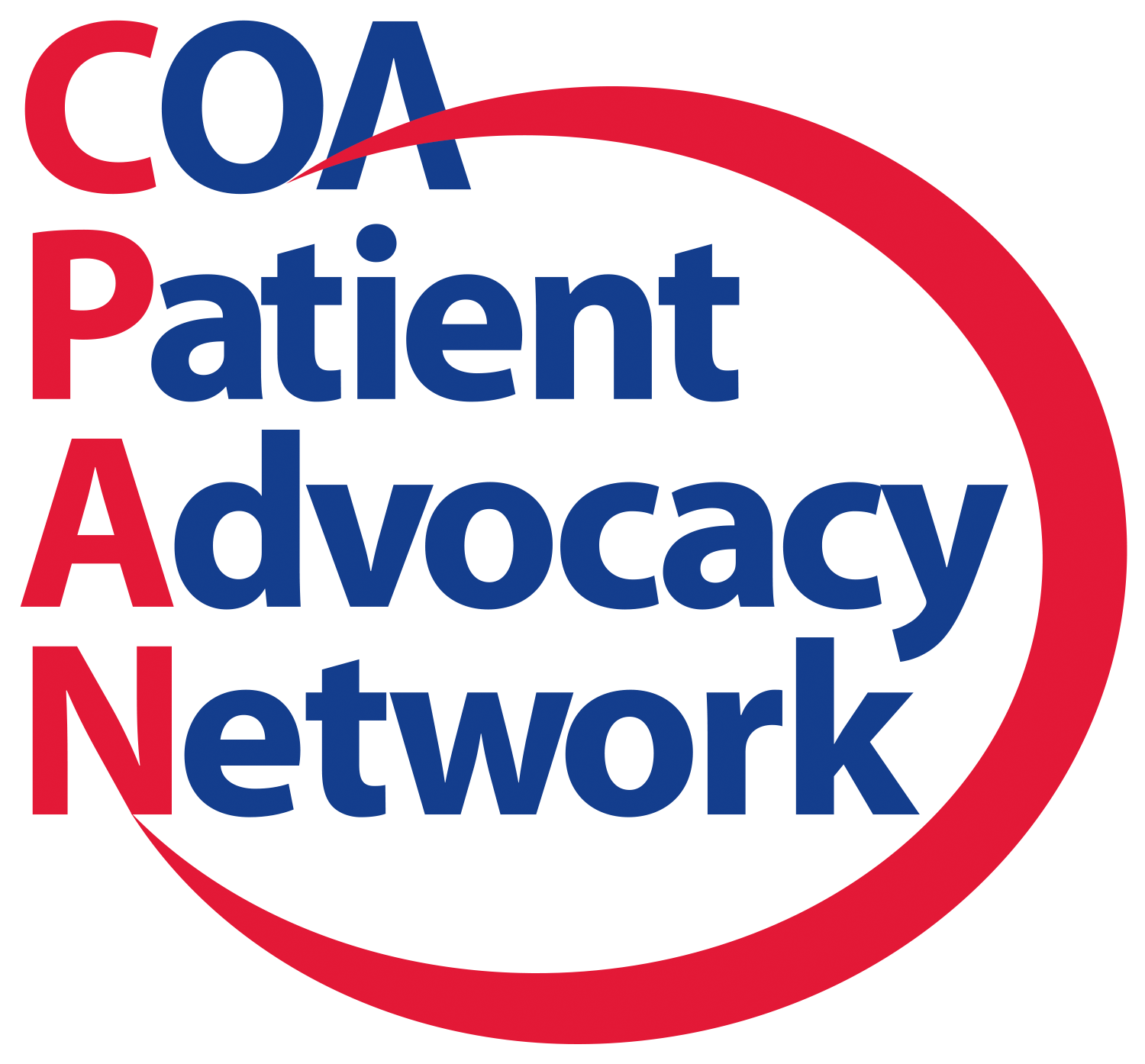
2025 Quarter 3 – COA Patient Advocacy Network News Bulletin

Key Takeaways
- CPAN focuses on educating advocates about independent community cancer care practices through year-round events and advocacy chats.
- Key policy issues discussed include PBMs, prior authorization, cancer drug shortages, and health equity, with insights from oncology professionals.
CPAN begins the fourth quarter with a continued focus on its core mission: education.
A Note from the Director of Patient Advocacy & Education
CPAN begins the fourth quarter with a continued focus on its core mission: educating advocates on the value of independent community cancer care practices.
CPAN provides education and engagement opportunities year-round through in-person and virtual advocacy events. This year’s CPAN Advocacy Chats (Educational Conversations on Health Care and Policy) have provided insight into COA’s federal and state policy initiatives, including PBMs, prior authorization, cancer drug shortages, step therapy, biomarker testing, and health equity. Patient-focused topics have included cancer prevention, nutrition, and survivorship.
Additionally, our Advocacy Chats provided insights from the community oncology workforce and COA member practices, which highlighted the important role of oncology nurses and pharmacists. Our next advocacy conversation will focus on what advocates need to know about pharmacy benefit managers, from the perspective of pharmacists.
CPAN will soon launch a new chapter in Alabama. During this live practice-based advocacy event, participants will learn about COA’s key policy initiatives and the various advocacy opportunities with CPAN.
Thanks to our committed CPAN advocates, we have increased attention on national and local health care issues affecting patients
The best advocates are informed advocates. Learn more at
Sincerely,
Rose Gerber, MS
COA Director of Patient Advocacy & Education
Upcoming Advocacy Opportunities
Connecting Community Oncology Advocates with Policymakers
- October 8: Virtual Advocacy Chat: Cancer Care Hijacked: How PBMs Are Blocking Patients’ Access to Medication
- October 28: CPAN Chapter Launch: Clearview Cancer Institute (Huntsville, Ala.)
- November 12: Virtual Advocacy Chat: National Family Caregivers Month
- December 10: Virtual Advocacy Chat: CPAN Year in Review
*All event dates are subject to change
Contact your local CPAN chapter advocacy leader or
Health Policy 101: Build Your Cancer Care Knowledge During Health Literacy Month
From clinical care decisions to financial considerations, a cancer diagnosis and treatment can be overwhelming for patients and their loved ones. October is Health Literacy Month—check out COA’s
The Value of Independent Community Oncology: Virginia Cancer Institute
Community oncology is the care people want when they face cancer because it’s local, innovative, and high-quality. Doctors, nurses, and administrative staff take time to get to know each patient and their needs.
“We treat the whole patient, not just a particular disease. A breast cancer patient doesn’t only have breast cancer. There are so many other issues,” said Dr. James L. Khatcheressian, oncologist at Virginia Cancer Institute. “Community oncology practices are better adapted to support the whole patient rather than just one specific oncologic issue.” He echoes the sentiment in this
Recap: Recent CPAN Advocacy Chats
Engaging conversations with cancer advocates, survivors, and professionals from around the country on community oncology’s most pressing topics.
September: Cancer medication is often the focal point of treatment, but a balanced diet with nutritious food plays an important role. COA’s Shiela Plasencia and Rose Gerber, MS,
July: Recent federal policy changes will reshape how people living with cancer access treatment, receive care, and afford medication. COA’s Nicolas Ferreyros and Rose Gerber, MS,
Cancer News You Can Use
NPR, 08/13
Coping with cancer is rarely easy for anyone, but men tend to fare worse—emotionally and physically—than women, according to the American Cancer Society. Evidence shows male survivors isolate more, seek less support and, alarmingly, die earlier. Two men, one of whom started the support group Man Up to Cancer, shared their personal experiences of cancer diagnosis at a young age.
CBS News, 08/05
As more people aged 45-49 are getting screened for colon cancer, more early-stage diagnoses are being made, according to new research published in the Journal of the American Medical Association. Researchers note disparities in colorectal cancer screening continue, particularly based on education levels and insurance status.
Associated Press, 07/28
A federal judge temporarily blocked Arkansas’s first-in-the-nation law that prohibits pharmacy benefit managers (PBMs) from owning pharmacies in the state. Supporters of the law have said it’s needed, because PBMs are forcing independent pharmacies, especially those in rural areas, to close. The law was set to take effect on Jan. 1, 2026.
Resources for Chapters
COA and CancerCare teamed up to develop Time to Screen, a campaign that highlights the importance of cancer screening. Learn more about cancer screening by accessing the




